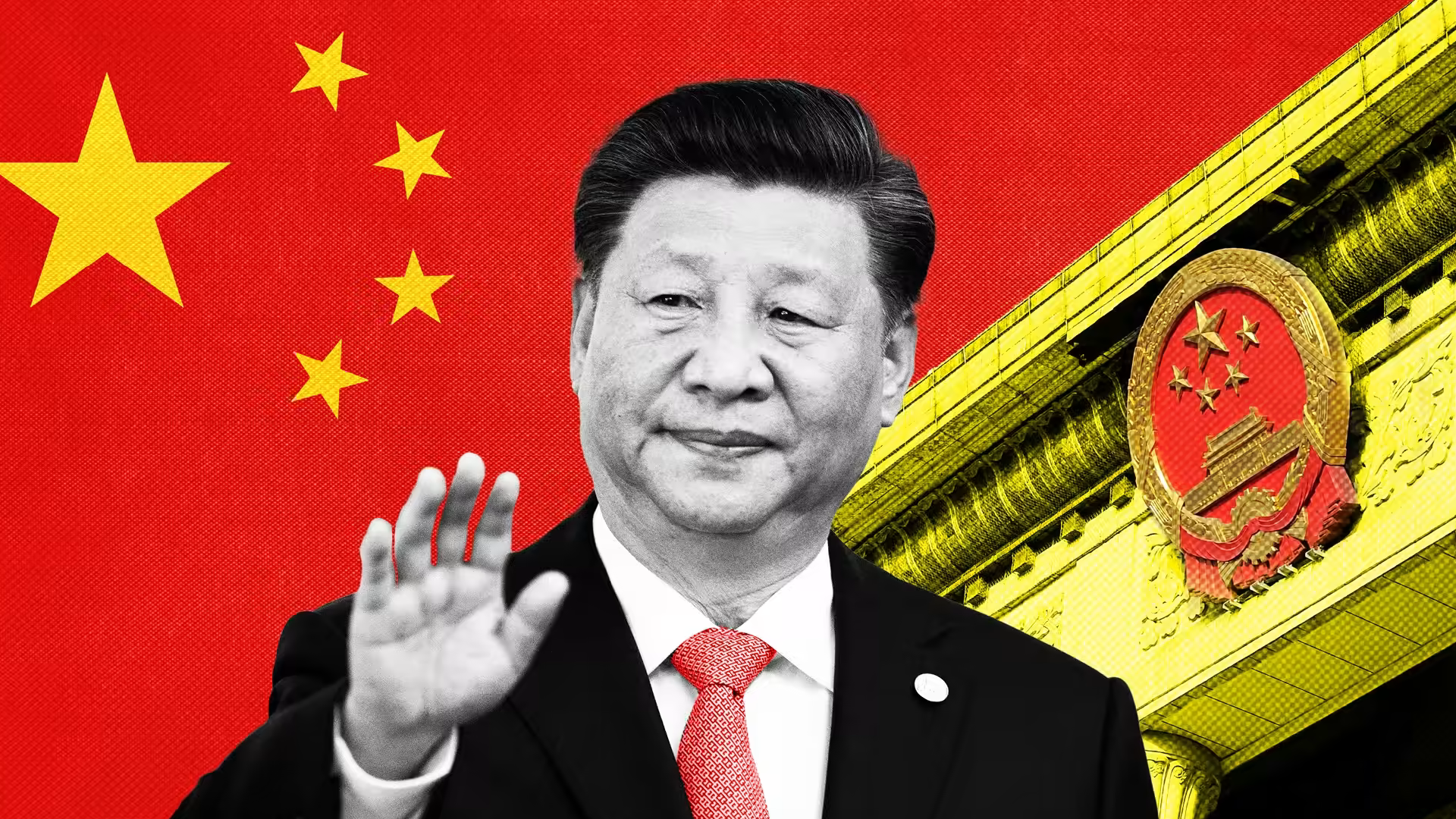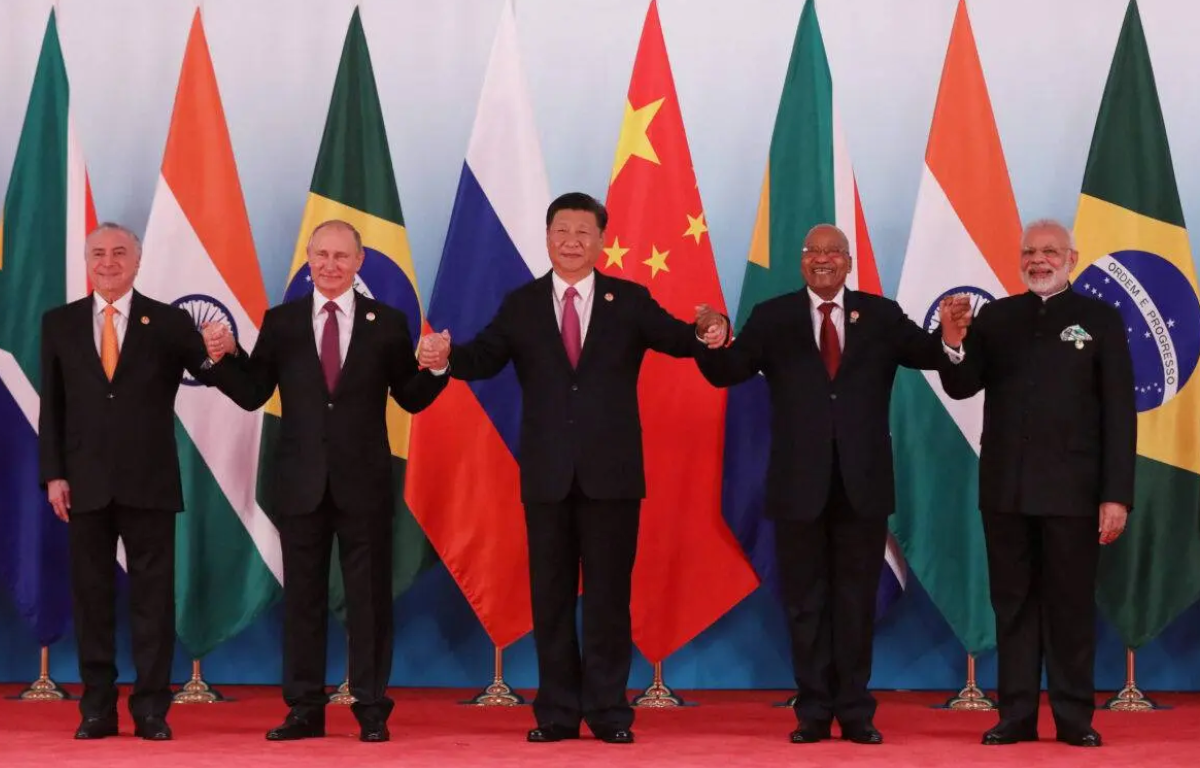
However, the recent controversy surrounding China’s new Premier involves allegations of using “fuzzy math” in economic reporting and policy initiatives. This issue has sparked debates about transparency, accountability, and the reliability of economic data coming out of China.
The new Premier, who assumed office amidst high expectations and aspirations for economic reform and growth, has faced scrutiny over discrepancies in economic figures and policy outcomes. Critics argue that official reports and statistics often paint an overly optimistic picture of the economy, masking underlying challenges and risks.
One area of contention is China’s GDP (Gross Domestic Product) figures, which have consistently shown robust growth but have also been questioned for their accuracy and reliability. Skeptics point to discrepancies between official data and alternative indicators, such as electricity consumption, industrial output, and trade figures, which sometimes paint a less buoyant economic picture.
The use of “fuzzy math” extends beyond GDP figures to other economic metrics, including employment rates, investment inflows, and debt levels. Questions have been raised about the methodology used to calculate these figures and whether they accurately reflect the true state of China’s economy.
The controversy surrounding fuzzy math in economic reporting has broader implications beyond statistical accuracy. It raises concerns about transparency and the credibility of China’s economic governance. Accurate and reliable data are essential for informed decision-making by policymakers, investors, and the public. Any doubts about the accuracy of economic data can erode trust and confidence in China’s economic policies and performance.
Moreover, the use of fuzzy math can distort perceptions of China’s economic strength and stability, both domestically and internationally. It may create a false sense of security or optimism, leading to complacency or misguided policy responses to economic challenges.
Addressing the issue of fuzzy math requires a commitment to greater transparency, accountability, and adherence to international standards in economic reporting. China’s new Premier faces the challenge of restoring confidence in economic data while pursuing policies that promote sustainable and inclusive growth.










Share this: